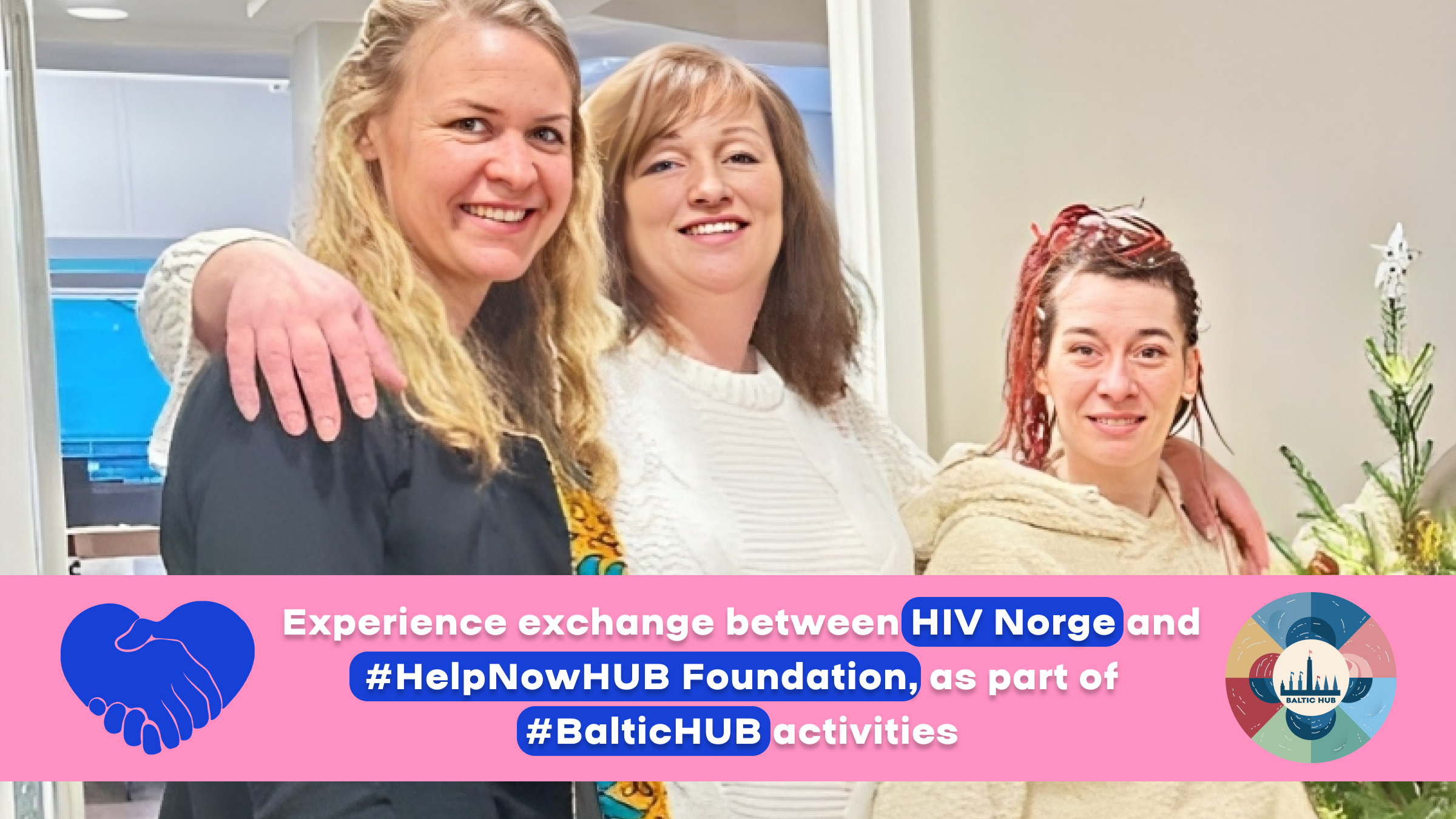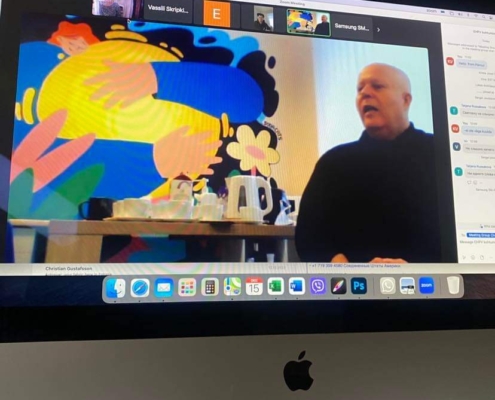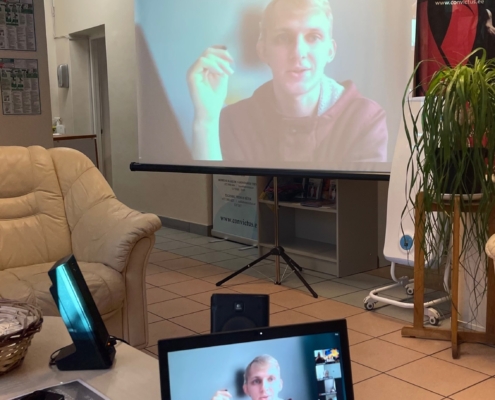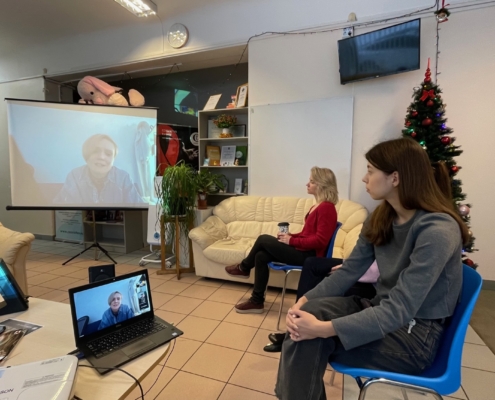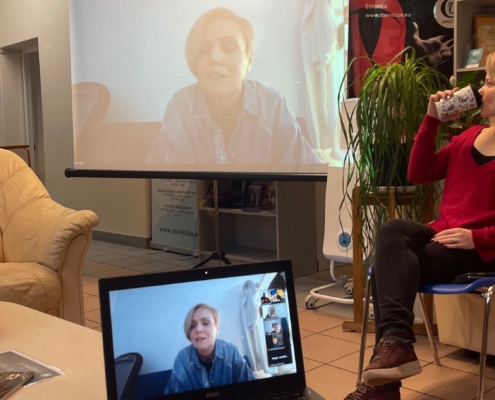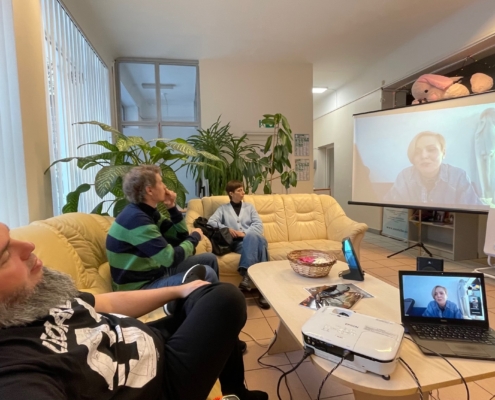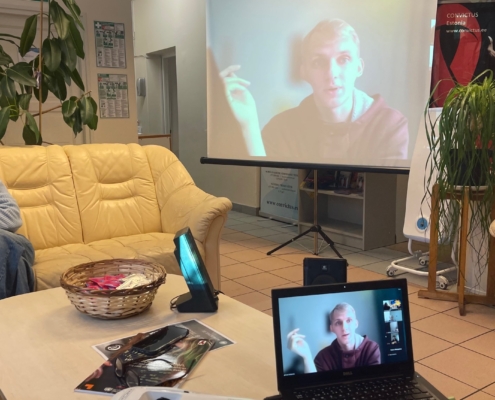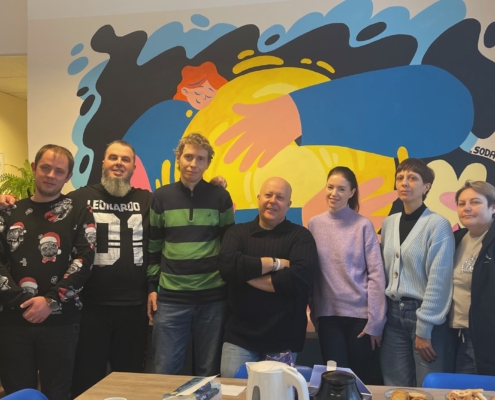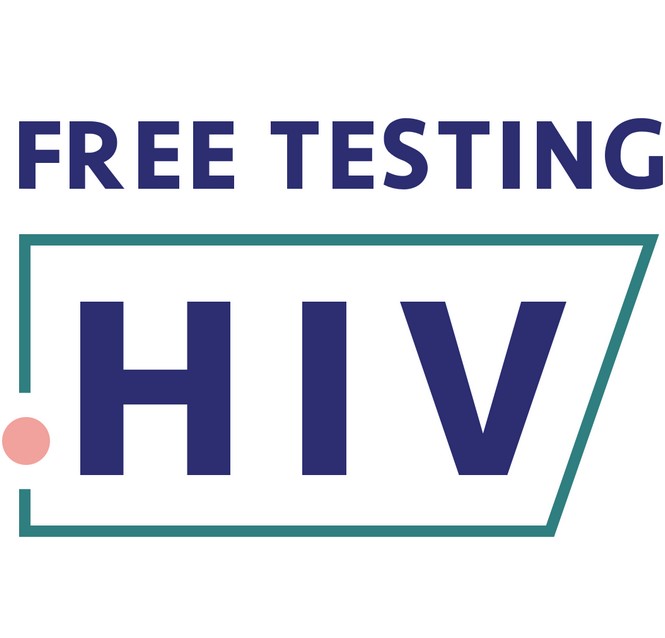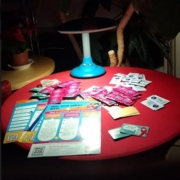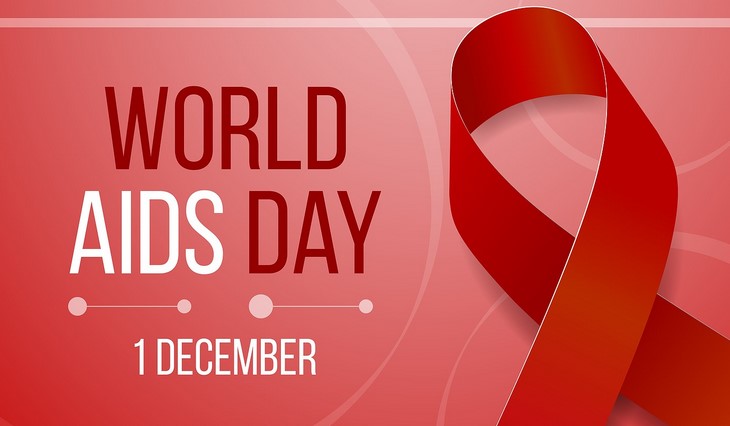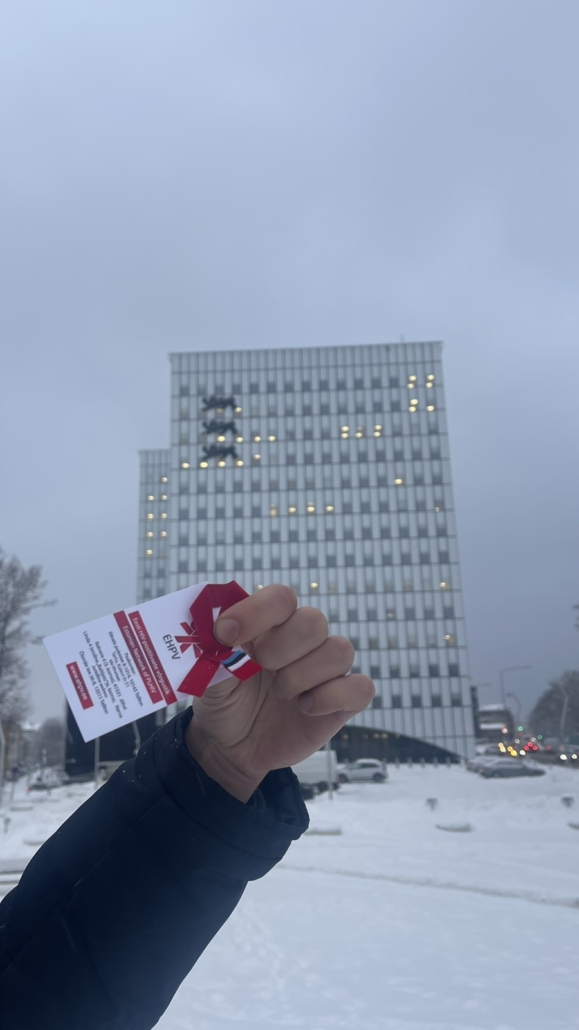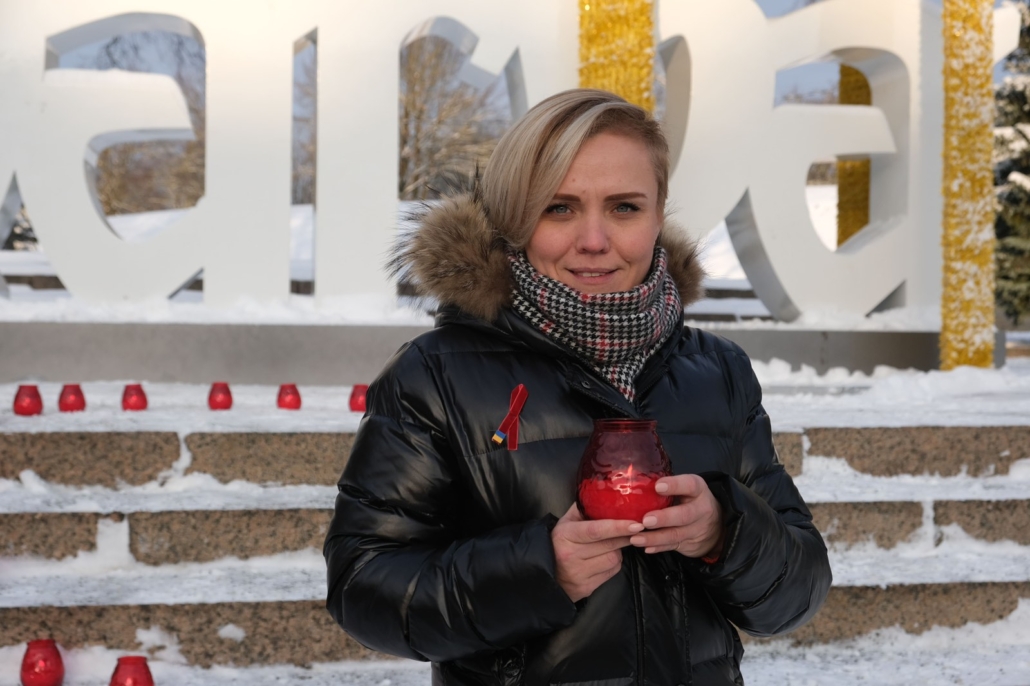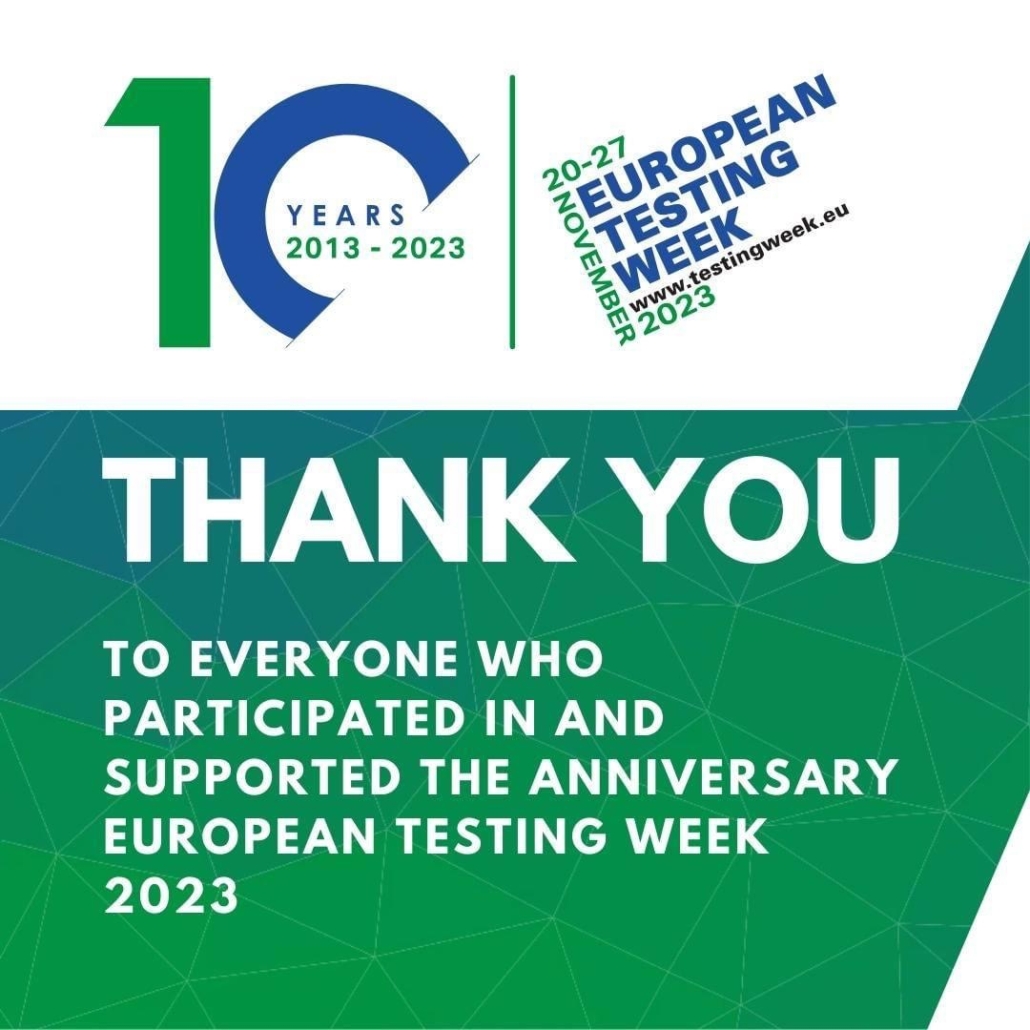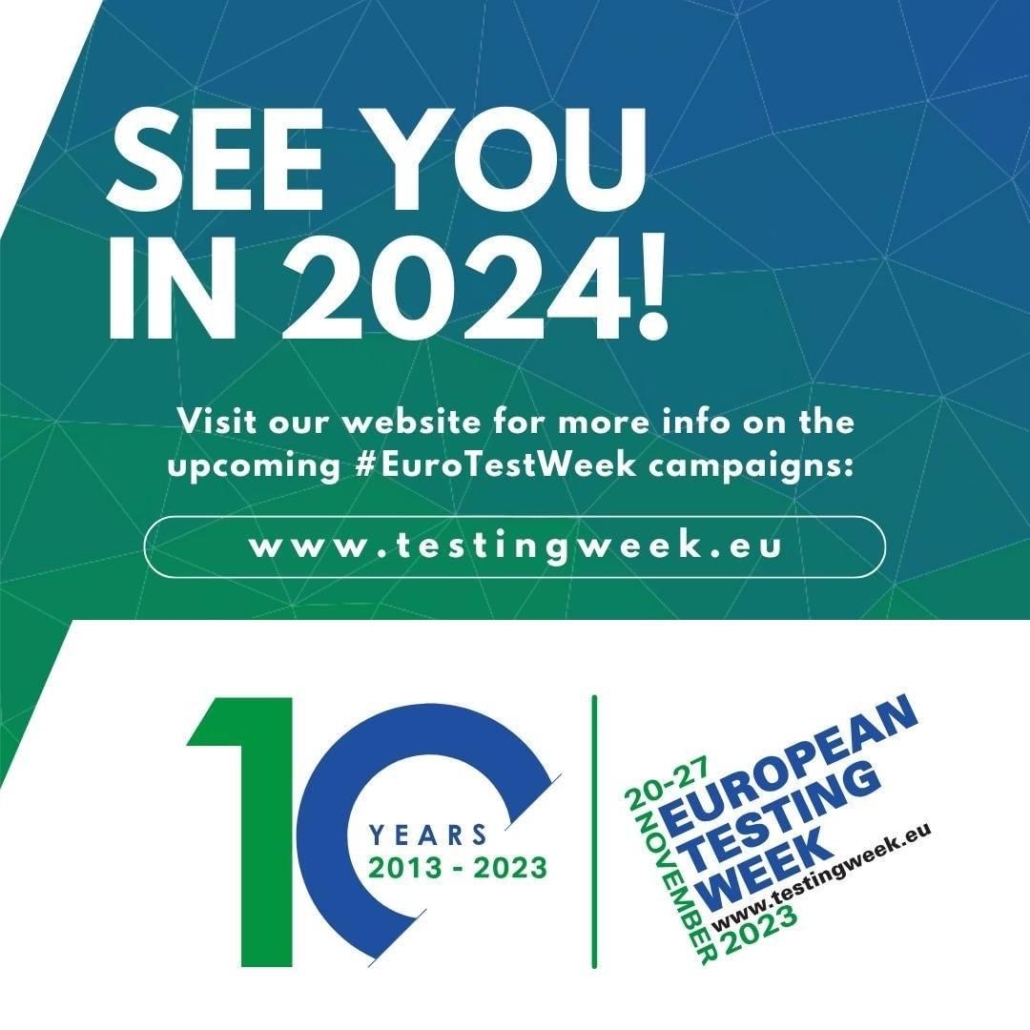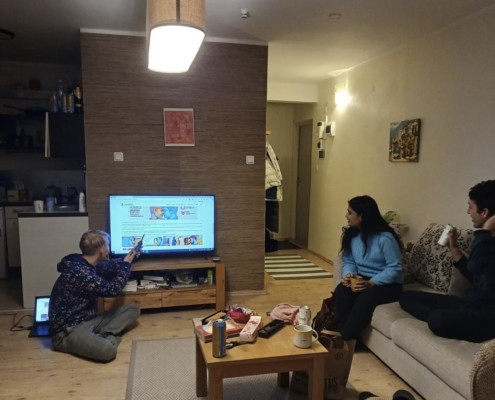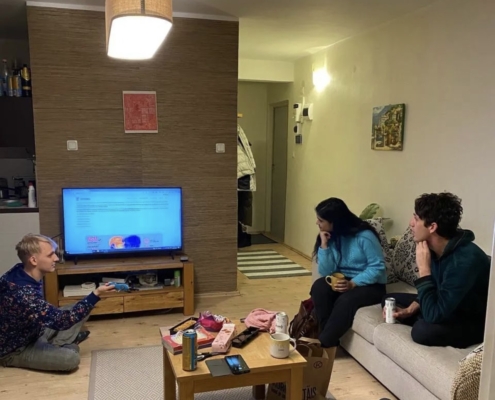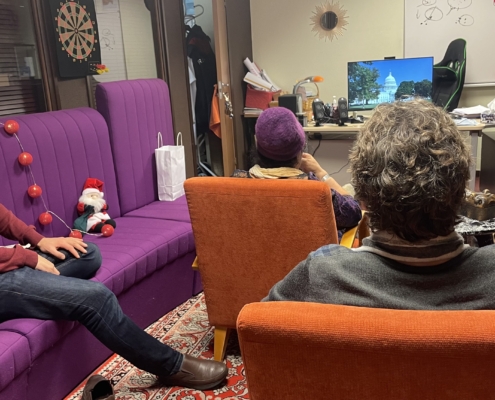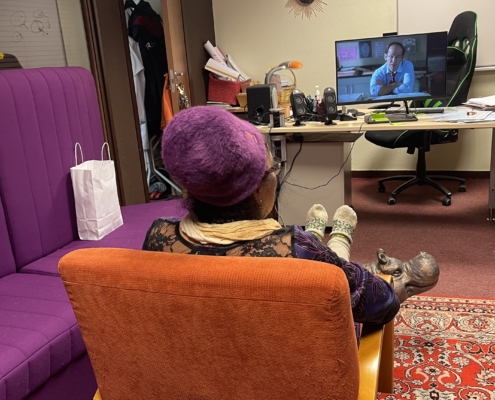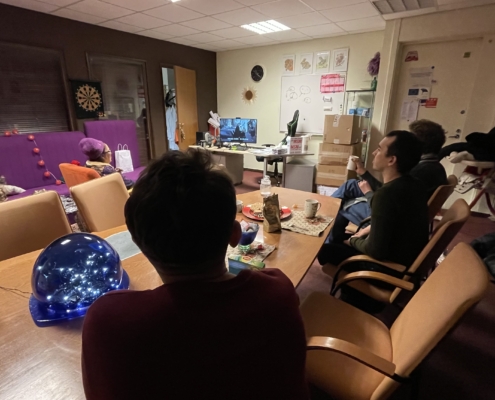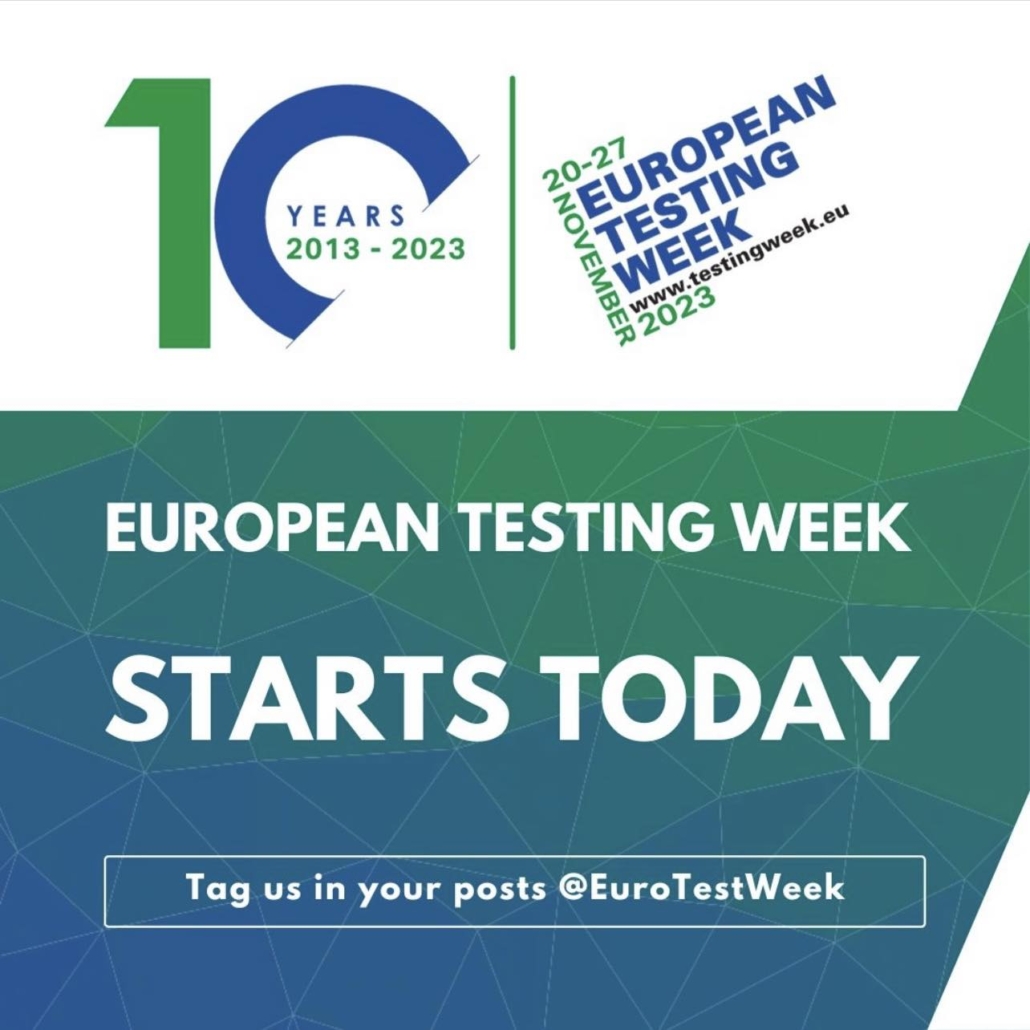Experience exchange between HIV Norge and #HelpNowHUB Foundation, as part of #BalticHUB activities
Experience exchange between HIV Norge and #HelpNowHUB Foundation, as part of #BalticHUB activities
Visit to Norway. As part of the emerging collaboration resulting from the #BalticHUB StudyVisit and knowledge exchange between HIV Norge and the #HelpNowHUB Foundation, a personal meeting and a support group for Ukrainian women living with HIV in Norway were planned and conducted.
Despite the challenges in planning and organizing the meeting, organizers faced difficulties in the women’s attendance (distance, lack of childcare for various age groups, health-related challenges). This issue also arises in organizing meetings for migrant women in other host countries.
However, despite the challenges, The meeting took place in a very warm, confidential, safe and close atmosphere at the HivNorge office.
Women were able to share their experiences, receive long-awaited support from their peers, discuss relevant topics, requests, and plans for the future. The next meeting is preliminarily scheduled for the end of February or March, with the participation of an infectious disease doctor.
Worth to mention that the collaboration between two organisations started before the meeting, thanks to #BalticHub. Organisations together have worked for collaborative support and case management for a concrete Ukrainian refugee women living with HIV, who sought help directly from Poland. Hanna Ariabinska, with the support of Guro Sorensen have provided necessary assistance and support in transferring the case to another municipality for closer access to the clinic.
During the meeting in Oslo, the discussion of requests from HIV-positive men for joint meetings was also conducted. After surveying the women, consideration of the possibility of joint meetings was included in the near plans. After group discussions, a decision was made to share information about a closed Telegram chat of HelpNowHub Foundation for everyone worldwide. The group is used for communication and an informational chat for community representatives, as well as adding new participants from Norway.
In addition to chat support, the #HelpNowHUB Foundation together with HivNorge are ready to provide psychological support and online counseling from a Ukrainian and russian-speaking psychologist for people living with HIV from Norway (5 individual sessions per client) until the end of March, 2024.
Norway impresses with the beauty of nature and its readiness to help people living with HIV and key populations, as well as war refugees from Ukraine.

